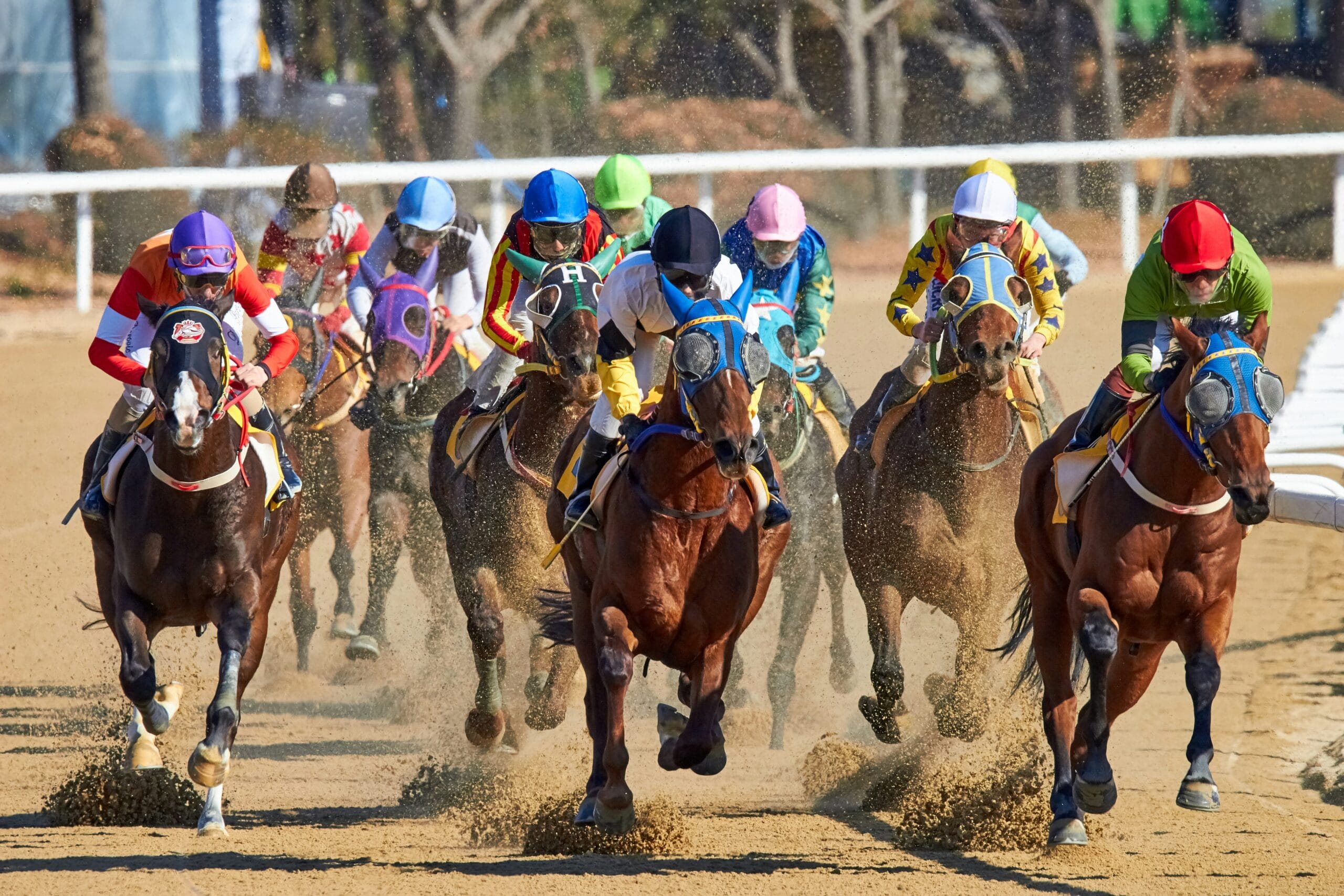Horse racing odds can seem complex, but understanding them is essential for any serious bettor. With this guide, you’ll learn the key factors that go into horse racing odds and how to pick the best tips to improve your chances of winning.
1. Grasping the Basics of Horse Racing Odds
Horse racing odds reflect a horse’s perceived chances of winning and determine your potential payout.
- Fractional Odds (e.g., 5/1): The number on the left is the amount you win for every amount wagered on the right. For instance, with odds of 5/1, a £1 bet will win you £5 if successful.
- Decimal Odds (e.g., 6.0): A simpler format where the odds show your total return for every £1 wagered, including your initial stake. So, odds of 6.0 mean you get £6 for a £1 bet if the horse wins.
2. How Bookmakers Set Odds
Bookmakers set odds based on historical data, track conditions, and betting trends. This process helps ensure they make a profit regardless of the race outcome.
- Betting Volume and Adjustments: As more bets come in on a specific horse, odds may shift to balance the bookmaker’s exposure.
- Public Perception: Popular horses or well-known jockeys may have lower odds due to increased bets, even if their chances of winning aren’t as strong.
3. Identifying Value in the Odds
Understanding where value lies in the odds is a skill that can enhance your betting results.
- Look for Outliers: Occasionally, you’ll find a horse whose odds seem higher than they should be based on past performance. This represents value.
- Compare Odds Across Bookmakers: Shopping around for the best odds can increase your potential payout, as different bookmakers may set odds differently.
4. Using Tips and Form Guides to Improve Your Odds
Horse racing tips and form guides provide valuable insights to help you make informed decisions.
- Check Form Guides: Form guides offer historical performance data for each horse, including their recent race results, position, and track conditions.
- Review Expert Tips: Expert tips often include information on horses’ strengths, weaknesses, and suitability for specific track conditions. Follow trusted sources with a track record of reliable predictions.
5. Hedging Your Bets
Hedging can help reduce risk, especially when betting on high-stakes races.
- Bet on Multiple Outcomes: Place bets on several horses within the same race. Even if one of your primary bets fails, you may still secure a win.
- Use Each-Way Bets: Each-way bets provide a return if your horse finishes in one of the top positions, minimising your losses if it doesn’t come in first.
Understanding horse racing odds will help you make more strategic decisions, maximising your potential profits while staying informed on the factors that influence race outcomes.


